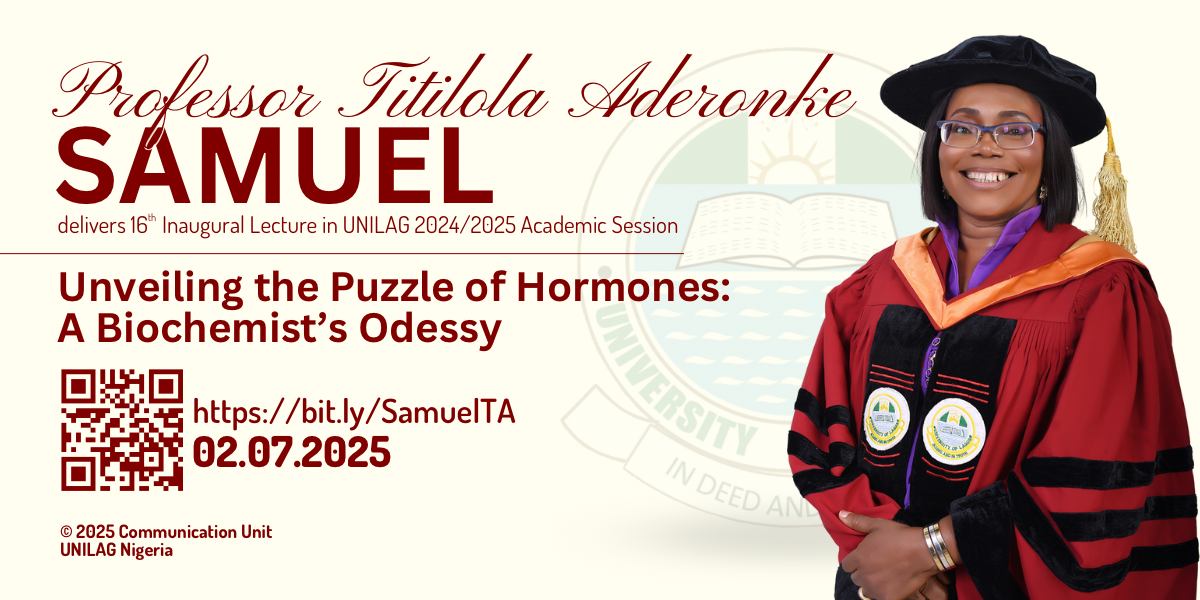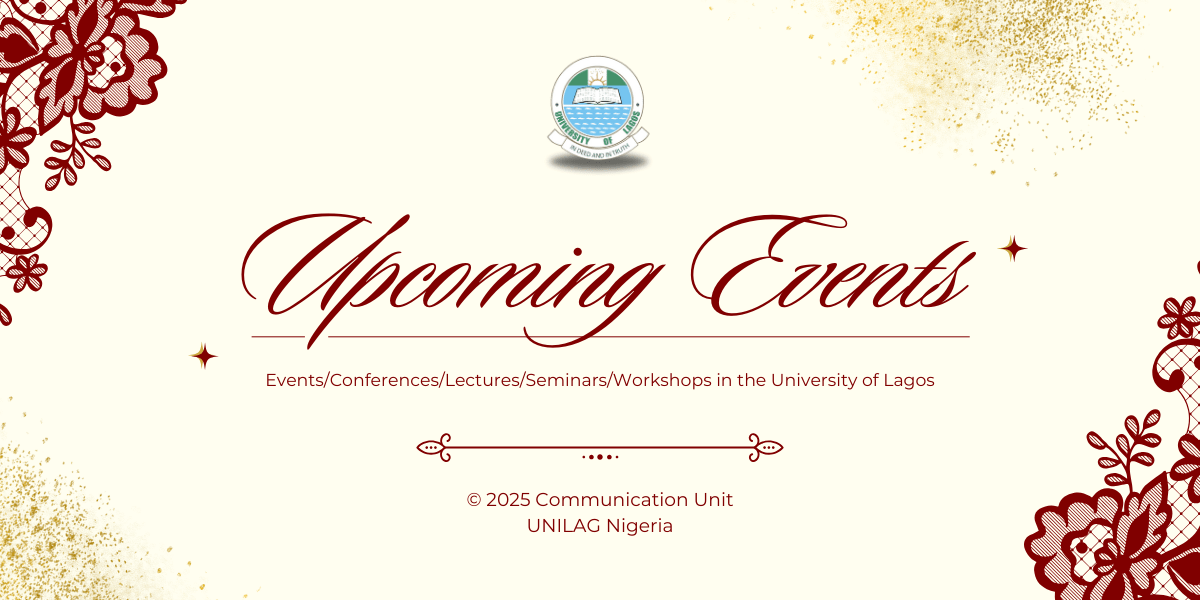
A leading expert in Energy and Electricity Law in Africa, Professor Yemi Oke has posited that Nigeria appears to be receding rather than accelerating in the quest for the much-desired stable electricity.
He made the disclosure while delivering the 5th Inaugural Lecture in the 2021/2022 academic session, entitled: “An Answer’ in Search of a Question: A Pioneer’s Prognosis of the Nigerian Electricity Law”.

Prof. Oke started his lecture by taking the audience down memory lane of how electricity and energy law begun in Africa. He noted that Electricity in Nigeria began as a social-interventionist strategy of the colonial masters, but paradigmatic shifts brought about by ‘economic realities’ have coalesced in beclouding the efficiency of power sector administration and regulation in the country. He spoke unequivocally about how complex the electricity sector is in Nigeria, especially around its engineering, accounting, tax, financing, legal regulation, governance, consumer concerns, safety and other related issues.
The Osgoode-trained Law graduate highlighted the challenge of policy summersaults and regulatory inconsistencies as in the case of Manitoba saga, which, according to him, went bad due to “Conflict of Nigerian-Canadian Corporate Culture”. He also pointed out that the current Siemens Roadmap Agreement with Nigeria is overrated, and might be another wrong move.
Professor Oke emphasised that governance and regulatory praxes of the electricity sector are defective as conceived, lopsided as structured and highly deficient as implemented, and that, this, more than any other factor, is the reason for the challenges of Nigeria in the area of electricity generation, transmission and distribution.
The Inaugural lecturer revealed that some countries have stepped up their electricity regulatory framework through Decentralized Energy Options (DEOPs), a model of energy resource governance that he propounded about two decades ago.
He said there are obvious constitutional anomalies and absurdities in the Nigerian electricity regime. He noted that the first major undoing of the power sector is that the sector operates in gross contravention of the Nigerian constitution.



The pioneering specialist of Electricity and Energy Law illustrated how Nigerian Courts are faced with the Challenge of Applying Electricity Law Principles, He contended, for example, a review of two recent court decisions on electricity law which shows that substantial justice had been done in the two cases under review but through the application of wrong principles of electricity law and practice.



He gave other innovative insights into practice issues in Power Sector Litigation and Case Management as well as Jurisdictional Issues in the Power Sector and how Arbitration and ADR mechanisms like Expert Determination or ‘Expert Guidance’ and several other avenues could be explored in the power sector.

The lecture was the first in as many to come under the stewardship of the newly appointed Vice-Chancellor, Professor Folasade Ogunsola, FAS.




